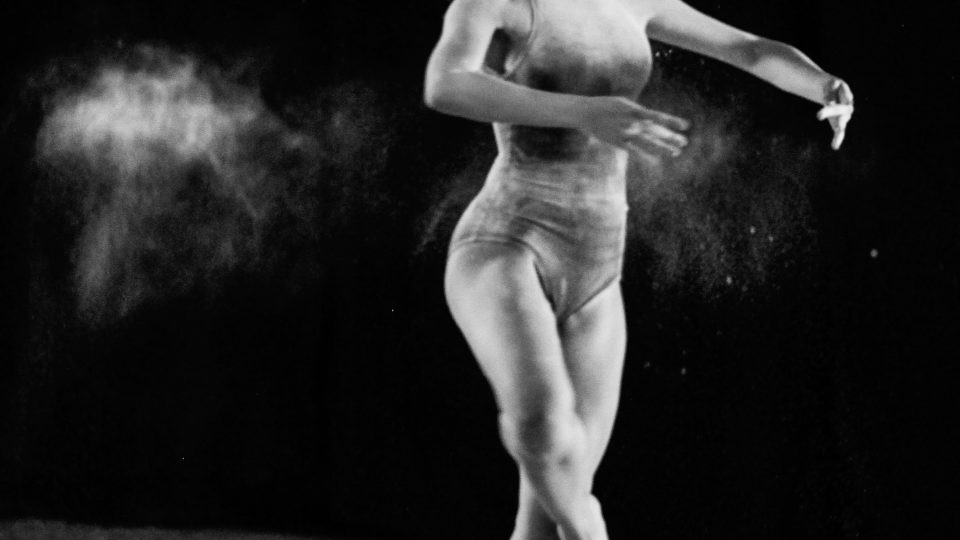Tag: Self-Esteem
-

The Ballerina Paradox
Photo from Unsplash by Wan Chen It Starts with One Single Step Once upon a time there was a little girl who wanted to be a ballerina. The average ballerina would spend about 8-10 years to train and become a professional. From the simple 2-3 classes a week, by the time they are midway through…
-

Language Anxiety: Let’s Talk About It
Photo by Jon Tyson on Unsplash Have you ever gotten clammy, nervous, or felt your heart race when you were in your Spanish or French class? Most of us have been there. This feeling is called xenoglossophobia (zen-o-glos-o-phobia), this is a situation specific anxiety whenever someone has to communicate in a language different from…
-

The Psychology of the Underdog
Photo by DISRUPTIVO on Unsplash They have always had the odds stacked against them but, when push comes to shove, they always keep trying their best; the underdog knows that their chances of victory are small but, for them they just need to know that they have a chance to keep going. We have seen…
-

Gringafied
I am the granddaughter of a Dominican immigrant who was born and raised in the city of Santo Domingo, who left behind everything she knew to chase her dreams in America. I am the granddaughter of Puerto Ricans who left behind an economic disaster in hopes for a better life in the city that never…
